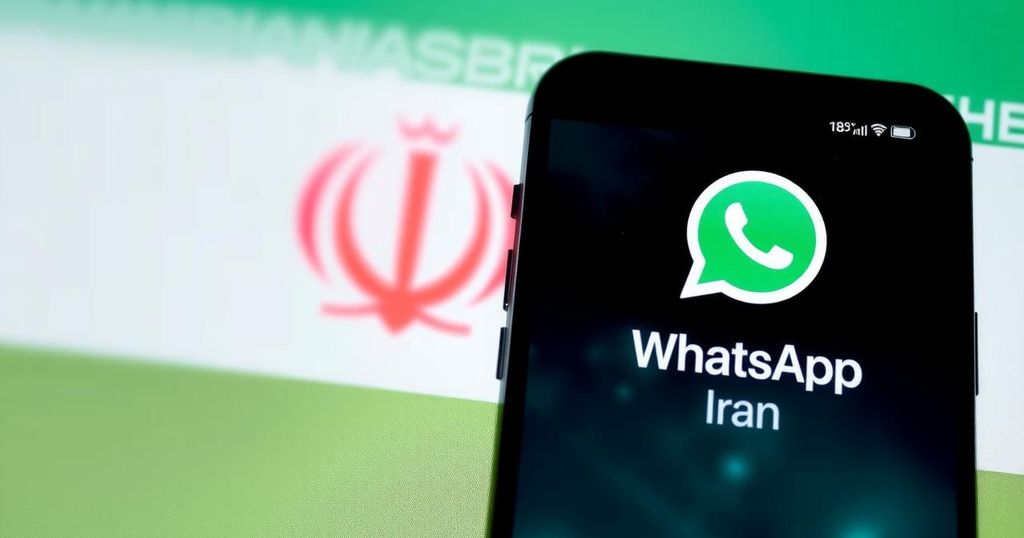Technology
ASIA, FACEBOOK, GOVERNMENT CRACKDOWN, INFORMATION AND COMMUNICATIONS, IRAN, ISLAMIC REPUBLIC, MAS, META, MIDDLE EAST, NORTH AMERICA, NUCLEAR POLICY, PE, PEZESHKIAN, REUTERS, SANCTIONS, SATTAR HASHEMI, SHAHRAM DABIRI, TEHRAN, UNITED STATES, WEST, WOMEN'S RIGHTS, YOUTUBE
Marcus Li
0 Comments
Iran Eases Internet Restrictions By Lifting Ban on WhatsApp and Google Play
Iran has lifted the ban on WhatsApp and Google Play, marking a significant step towards easing internet restrictions. This decision follows a recent pause on implementing a stricter hijab law, indicating a possible shift in governmental policy amidst both domestic and international pressures.
Iran has recently lifted its ban on the messaging platform WhatsApp and the Google Play store, marking a significant step towards reducing its stringent internet restrictions. This decision was announced by Iranian state media, highlighting a positive majority vote in a meeting led by President Masoud Pezeshkian. Minister of Information and Communications Technology, Sattar Hashemi, emphasized that this action represents the first measure in the removal of internet limitations in the country, which has historically been known for its severe internet controls. The lifting of these bans occurs in the context of increased calls from the United States for technology companies to support efforts to circumvent online censorship in nations with repressive internet policies, including Iran.
Additionally, amidst ongoing tensions regarding the hijab laws, Iran has put on hold the implementation of a stricter regulation concerning women’s hijab, which had previously been approved by the Iranian parliament. This decision seems to aim at alleviating pressures from both the public and international community, as the new law would have imposed severe penalties on women disregarding hijab mandates. Vice President Shahram Dabiri confirmed that the parliament has chosen not to forward the law to the government, hence delaying its enactment.
Through these developments, Iran appears to be navigating a complex landscape of domestic discontent and international scrutiny while attempting to balance social controls with opportunities for dialogue over sanctions related to its nuclear program.
The issue of internet censorship in Iran has been a longstanding concern, with the government imposing extensive restrictions on social media and communication platforms to control public discourse. Despite such measures, many Iranians utilize VPN technology to access blocked sites and maintain communication among themselves, especially during periods of political unrest and protests against the government. The recent calls by the United States for technology companies to assist in evading these restrictions highlight an ongoing global dialogue regarding internet freedom and censorship. Additionally, the matter of hijab laws in Iran represents a significant cultural and political debate, reflecting broader themes of women’s rights and governmental authority in the region. The complex interplay between governmental regulations and social movements within Iran continues to draw attention from both national and international communities.
In conclusion, Iran’s decision to lift the ban on WhatsApp and Google Play signifies a potential shift in its approach to internet regulation and censorship. This action, coupled with the suspension of the new hijab law, illustrates the government’s response to domestic pressures and external diplomatic considerations. As the situation continues to evolve, the balance between control and reform in the Iranian social and political landscape remains a critical issue worth monitoring.
Original Source: www.hindustantimes.com




Post Comment